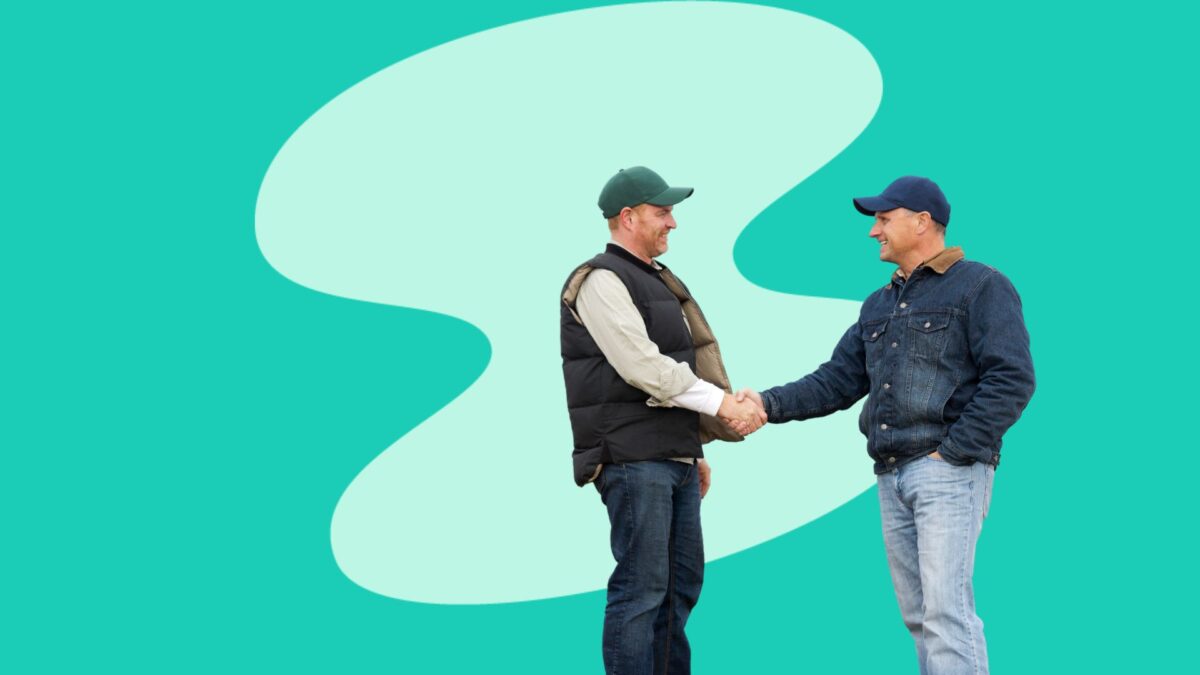Feeling aware? Hey, that’s pretty cool. You probably feel pretty perceptive to the things around you. Better yet, you may feel super in touch with your own thoughts and feelings! And that’s not always easy. It can be a struggle to understand our emotions and where they’re coming from. But right now, you might feel like you have a clear picture of what’s going on in the old noggin’.
Maybe you’re also feeling aware of the thoughts and feelings of other people, paying close attention to their body language and listening to what they’re saying. Someone might come to you with a problem, and you’re able to see things from their point of view. You can understand where their hurt, frustration, anger or sadness is coming from, and you also show them empathy. Becoming aware of your feelings and the feelings of other people can have great benefits to your relationships and help you form strong connections. Isn’t that what we all want?!
Becoming more aware of our emotions and having the tools to cope with them is pretty amazing. It never hurts to learn more about ourselves and what works for us! Let’s dive thru feeling emotionally aware and how it can improve your mental wellbeing!
A Deeper Look at Feeling Aware
First thing’s first, what does it really mean to be aware? APA Dictionary defines awareness as: “n. perception or knowledge of something.”
Sooo, what does it mean to be aware of our emotions? Well, in psychology it’s known as emotional awareness or emotional intelligence. According to research, people who are emotionally intelligent have four components: the ability to perceive emotions (notice body language, facial expressions, tone of voice, etc.), reasoning with emotions (helps us prioritize what needs our attention), understanding emotions (interpreting the root cause of the emotion), and managing emotions (regulating and responding appropriately). We develop emotional intelligence over the span of our lives and can improve our relationships, our mental wellbeing and overall quality of life. Emotional intelligence is a skill that can be learned, but it does come easier for some.
Obviously, some people have higher emotional intelligence than others. People with low emotional intelligence tend to get into arguments a lot, have poor listening skills, blame others for everything and are more prone to emotional outbursts. They also have poor coping skills for dealing with their emotions, either suppressing their feelings or walking away from the problem instead of resolving it. Hmm, we probably have run into someone like this a time or two. Okay, let’s be real… we’ve all been this person at some point. Emotions are hard, okay?! But there’s good news: anyone can learn emotional awareness. It can be challenging and take some time, but we 10/10 recommend learning as much as you can. It’ll do wonders for your mental wellbeing!
Emotional Intelligence IRL
Now, how can you use emotional awareness in your daily life?! We’re so glad you asked. Here’s a few simple ways to become more emotionally intelligent in real life:
– Practice active listening skills
– Show empathy to others
– Maintain personal boundaries
– Regulate your emotions before reacting
– Build your communication skills
These are just a few ways to become more emotionally aware, but there’s always much more to learn! Awareness starts with education, so try to build your knowledge as much as possible. There are tons of resources out there (including our lil’ website here at DiveThru) to guide you along as you learn more about emotions. We all gotta start somewhere, so don’t be intimated to start!
How Feeling Aware Shows Up Mentally
There are lots of ways feeling aware shows up mentally. Maybe you’re curious and want to understand more about your own feelings. Or you might want to strengthen your relationships and feel more connected to others. It could be that you want to find ways to cope with anxiety, depression or stress, and you believe that understanding where your emotions come from and how you react to different citations will be really beneficial.
Now that we have a better sense of how awareness shows up, let’s look at how it improves our mental wellbeing. Being able to process our emotions and manage them can obviously improve our mental state, like a lot. The better we can predict our reactions and how something will potentially make us feel, the better we can find ways to control and cope. Emotional awareness can help manage many mental illnesses including:
– Depression
– Anxiety
– Dissociation
– Borderline personality disorder
– Eating disorders
– Substance abuse and addiction
If you feel like you have difficulty managing or coping with your emotions, or like your emotions are out of control, it would be beneficial to seek professional help from a therapist. It can be hard to navigate your emotions on your own! And if your wellbeing is suffering, there’s no need to face it alone.
How Feeling Aware Shows Up Physically
When we feel more aware physically, we might pay more attention to things around us. We engage all of our senses: what we can hear, smell, taste, touch and see. One sign of alertness is actually when our pupils dilate. It’s like our eyes want us to take in as much information as possible! As far as noticing others’ emotions, we might become more aware of their body language, as their tone of voice and how they speak. Even without the other person saying “I feel upset” out loud, we as humans are pretty good at picking up those physical cues!
Becoming aware of your emotions is also beneficial to your physical health. If you can perceive and manage your feelings, that means you’re probablyyy on the right track as far as managing your stress, too. And we know what lower stress means:
– Reduced blood pressure
– Lower cortisol levels
– Improved sleep
– Better immune system
– More likely to stay hydrated and nourished
We strongly believe that your mental and physical health are closely tied. You can’t ignore one or the other!
5 Ways to Increase Awareness
Looking for ways to improve your awareness but aren’t sure where to start? Don’t worry, we’ve got your back. Here are some strategies to help boost awareness:
1. Practice deep breathing
This is a tried and true method to improve focus and awareness. Try it with us now: breathe innn, and breathe outtt. Taking a moment to focus on your breathing has actually been proven to lower anxiety and reduce stress. Plus, deep breathing slows your heart rate and provides your brain with enough oxygen to gain a sense of calm.
2. Journal
Emotional awareness is alllll about perception and understanding. This makes journaling a great practice for gaining insight into how you feel! Try writing down your thoughts and feelings to not only better understand where they’re coming from, but how you can reframe and counter any negative thoughts that might arise. Try it out, we guarantee you’ll learn more about yourself than you thought possible!
3. Progressive muscle relaxation
This might be a new one for you, but we highly recommend trying it out! This technique involves tensing a group of muscles as you breathe in, and then relaxing them while you breathe out. It’s been proven to reduce stress and anxiety, making you feel more calm and clear-headed. Repeat as needed!
4. Engage in something soothing and comforting
When you become more aware and understanding of your emotions, you’ll know when you need to be comforted. Spend time with your pet by cuddling them or taking them on a walk. Touch something comforting like your fave cozy blanket. Brew some tea or your drink of choice. Find whichever method or activity is right for you in the moment!
5. Practice meditation
This practice is another great way to elevate your emotional awareness. Meditation is a method that’s been used to relieve stress and improve mental clarity since, like… forever. It allows us to slowww down and shift our mindset. If you’re not sure how to meditate, start out with a guided practice!
That’s all for now, friend. We hope you find these tips helpful and that we’ve inspired you to learn more about emotional awareness. ‘Cause if there’s one thing we love, it’s learning about alllll the feels!










